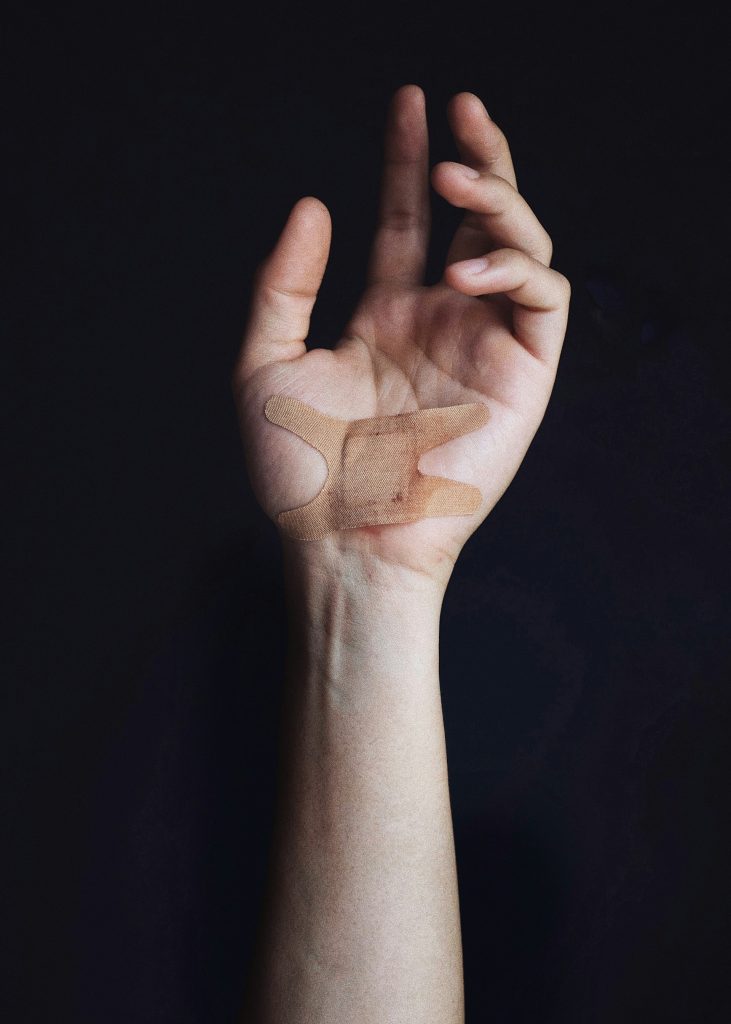Unfortunately, these incidents often result in physical and emotional pain, financial burden, and even permanent disability. In such cases, seeking compensation through a personal injury claim may be the best course of action.
The bad news is that navigating the legal process of a personal injury claim can be overwhelming and intimidating, especially for someone going through the trauma of an accident. This guide aims to provide you with essential information about personal injury claims, so you are better equipped to make informed decisions if you ever find yourself in such a situation.
Selecting the Right Personal Injury Attorney
When choosing a personal injury attorney, make sure you find the right fit for your specific case. One of the most important factors to consider is finding an experienced personal injury law firm that is dedicated to fighting for your rights. Look for attorneys who have a track record of success and experience in handling cases similar to yours. Don't be afraid to ask questions and thoroughly research your options before making a decision.
Know that your well-being and financial stability could depend on the outcome of your case, so it's crucial to select an attorney who will vigorously fight for your rights and secure the compensation you deserve.
Types of Personal Injury Claims
Personal injury claims can arise from a variety of situations, from car accidents to slips and falls to medical malpractice. Let's take a closer look at some of the most common types of personal injury claims:
- Motor Vehicle Accidents: These include car, motorcycle, truck, and other vehicle accidents caused by negligence or reckless driving.
- Premises Liability: This covers injuries that occur on someone else's property due to negligent maintenance or hazardous conditions.
- Product Liability: If you are injured by a defective or dangerous product, you may have a product liability claim against the manufacturer or seller.
- Medical Malpractice: This type of claim arises from injuries caused by a healthcare professional's negligence, such as misdiagnosis, surgical errors, or medication mistakes.
- Wrongful Death: This involves a compensation claim when someone dies due to the negligence or intentional actions of another person or entity.
The Role of Negligence in Personal Injury Claims
Negligence refers to the failure of someone to act with reasonable care or to perform their duties responsibly, resulting in harm or injury to another person. In legal terms, negligence means that there was a breach of duty of care, and it resulted in damages or a loss.
Personal injury cases involving negligence can arise in different situations such as car accidents, dog bites, slip and fall incidents, medical malpractices, and more. You must first understand the role of negligence in personal injury cases and how it can affect your claim. Negligence can determine who is liable for the damages, the amount of compensation, and the outcome of the case. If you can prove that the other party's negligence caused your injuries, you may be entitled to compensation.
No matter how cautious a driver you are, you can never predict when an accident will occur. That's why it's essential to be prepared and know what steps to take immediately after an accident. Here are some important things to keep in mind:
- Check for injuries: The first and most crucial step is to ensure that you and anyone else involved in the accident are not seriously injured. If there are any severe injuries, call for emergency medical assistance immediately.
- Call the police: It's always a good idea to have an official police report on record, which can serve as vital evidence in your personal injury claim.
- Document the accident scene: Take photos or videos of the accident scene and any visible injuries you may have sustained. This documentation can be used as evidence later on.
- Collect information: Exchange contact and insurance information with all parties involved in the accident. Also, gather contact information from any witnesses present.
- Keep track of medical treatment: Keep records of all your medical treatments and expenses related to the accident. These documents will be crucial in determining the amount of compensation you may be entitled to.
Navigating the aftermath of an accident and the ensuing personal injury claim process can be an overwhelming experience. But once you are armed with the right information and a skilled personal injury attorney, you can ease the burden and focus on your recovery. Now, you’re better prepared to take on the challenges of a personal injury claim and work towards securing the compensation you rightfully deserve for your injuries and losses.





















